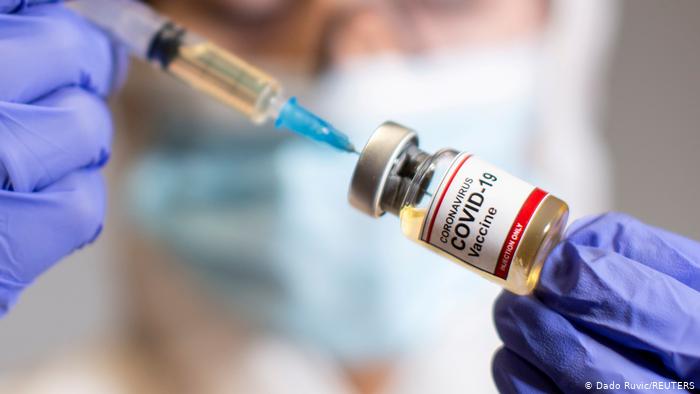In just over a month, between 8th December 2020 and 14th January 2021, more than 2.3 million UK citizens received at least one dose of the COVID-19 vaccine.
Even for the biggest sceptic, this demonstrates swift and true progress in the fight against coronavirus, giving us real hope - where there hadn’t been much previously - that there is light at the end of the tunnel.
And the progress has given a huge boost to the economy too. In December, we saw UK manufacturing activity rise to its highest level since November 2017, while the Eurozone manufacturing PMI reached its highest level since May 2018.
But what does this mean for businesses now? What can they do to make sure they are prepared for the next stage in the pandemic and manage a return to ‘normality’ as vaccinations continue to pick up?
Understand your employees’ legal rights
The most frequently asked question relating to the vaccination from employers is ‘can I make it compulsory for my employees to be vaccinated?’
Currently, there is no sign of the government introducing legislation to make vaccination mandatory - doing so would likely lead to significant human rights and civil liberties disputes and cause serious problems.
Therefore, it is equally unlikely that employers will be in a position where they can legally enforce the requirement to be vaccinated. Even if employers were to be able to add it into contracts as a condition of employment, experts say that this would bring about a risk of discrimination and unfair dismissal claims.
Speaking to People Management, Andrew Willis, head of legal at Croner, said: “The best course of action for employers would be to encourage staff to take it through awareness campaigns, focusing on the benefits of doing so.”
That being the case, a really good starting point for businesses is to begin drawing up comprehensive internal communications strategies that will provide clear information about the vaccine to encourage participation and relieve any doubts employees may have.
To make this as effective as possible, speak with your employees to find out more about how they feel, as well as employee representatives and trade unions.
Return-to-work strategies
As more of your staff get the vaccine over the coming months, you will want to be able to keep track of who is able to come back to work - if a large portion of your workforce has been remote up until now - without contravening health and safety regulations.
You can ask for evidence that a worker has been vaccinated, but bear in mind that this will have implications for data processing under GDPR regulations and require careful consideration.
According to Luke Bowery, partner at Burges Salmon, it is recommended to undertake frequent audits of your workforce. You should assess “which roles in the business can still be conducted from home, which roles can continue to safely be performed with existing COVID-secure arrangements in place and whether there are any roles which may reasonably justify an employee having to have a vaccination in order to perform them”.
Rachel Suff, the senior policy adviser for employment relations at the CIPD, suggests that employers bringing workers back to the workplace after a vaccine should consider:
● Is it essential (for wellbeing or productivity)?
● Is it safe?
● Is it mutually agreed?
'COVID-secure’ environments going nowhere, for now
While there is great hope that things will start to change for the better, businesses still need to be realistic about how soon conditions will go ‘back to normal’.
As your workforce becomes vaccinated, the temptation might be to start to strip the workplace of COVID-secure measures you had put in place during the pandemic.
However, Emma Parry, professor of HR management and head of the Changing World of Work Group at Cranfield School of Management, says employers should not expect to see a return to “anything close to normality until next autumn at the earliest”.
Therefore, employers should maintain COVID-secure practices and ensure they are in place for the long term.
Increased flexibility
You should also begin thinking about how you will manage the gradual roll-out of the vaccine to your workforce and how that may affect day-to-day operations.
It will be important for employers to be flexible and make it as easy as possible for those who want the vaccine to get it - potentially at disruptive times during working hours.
The most important thing that employers can do at this point is to keep up to date with how the vaccination roll-out is progressing throughout the UK and any subsequent changes in regulations and legislation.
This will help you maintain an effective, but agile and constantly evolving, strategy for dealing with changing conditions. Because, if we have learnt anything from the past 12 months, it is that we should always expect the unexpected.
However, it’s clear that a way out of the pandemic is now a reality on the horizon.
We can’t wait until we and our clients are able to get back to working in the way we’re all used to.









